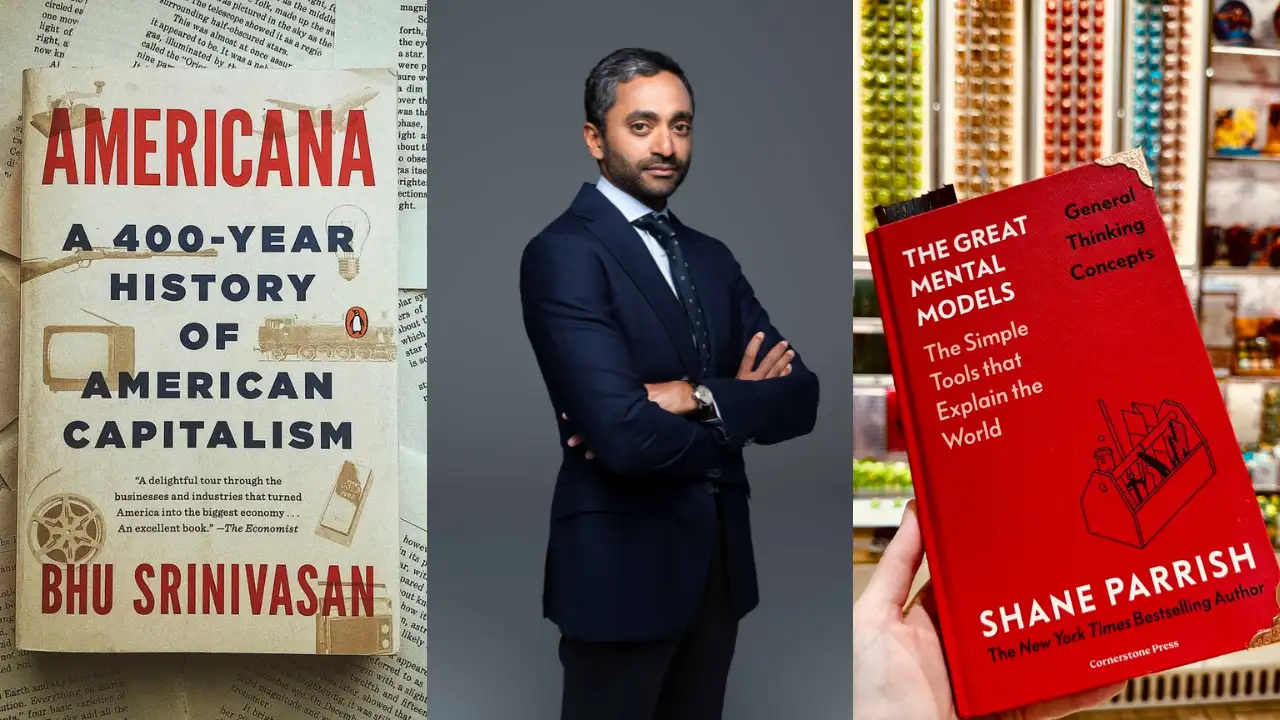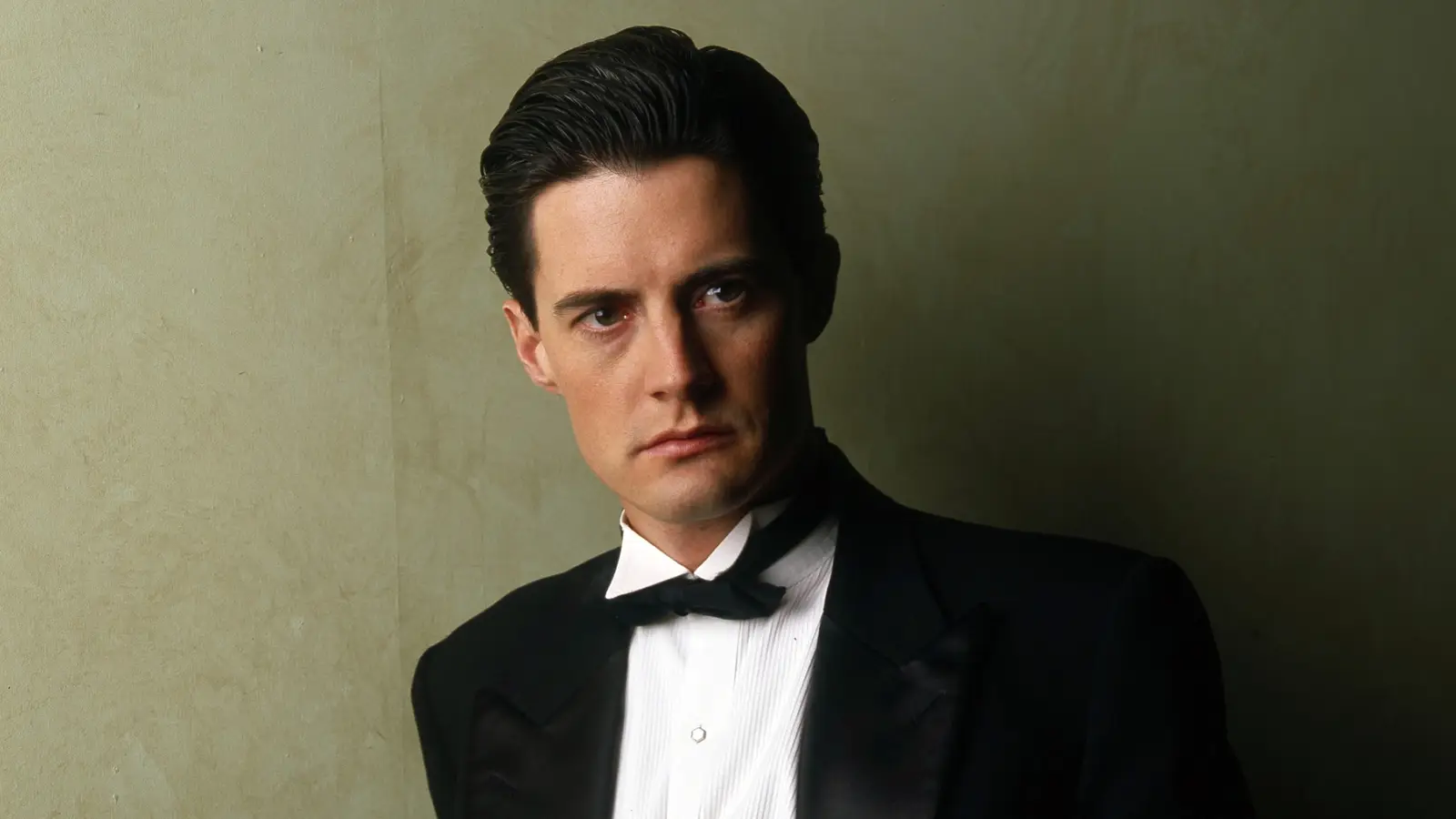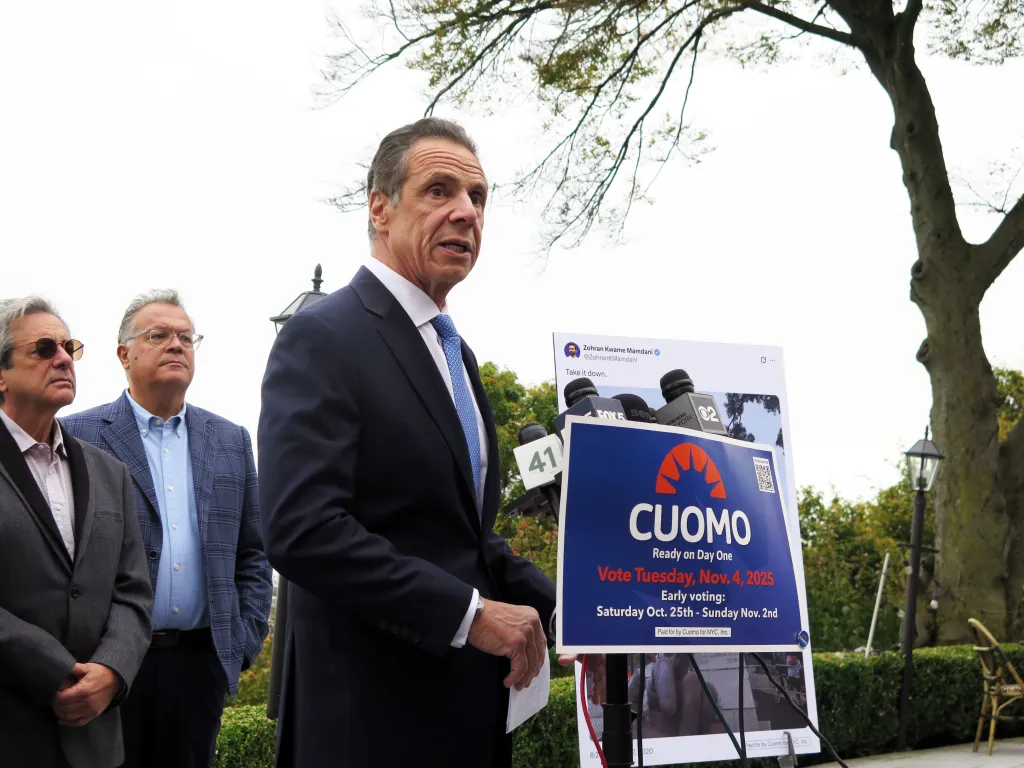Copyright timesnownews

Chamath Palihapitiya didn't build his fortune by accident. The venture capitalist and former Facebook executive credits much of his success to the books that shaped his thinking. Unlike typical business advice that fades with trends, the eight books Palihapitiya recommends tackle timeless questions about human nature, decision-making, and how systems really work. These aren't feel-good reads or quick fixes. They're deep dives into psychology, economics, and philosophy that challenge how you see the world. What makes his list powerful isn't just that these books are brilliant, but that they've directly influenced someone who's made billion-dollar decisions. If you're serious about upgrading your mental models and understanding what separates exceptional thinkers from everyone else, this reading list offers a genuine shortcut to decades of hard-won wisdom.,Also Read: 8 Life-Changing Books Recommended by Shane Parrish,1. The Professor, the Banker, and the Suicide King by Michael Craig,,A billionaire banker named Andy Beal challenges the world's best poker players to the highest-stakes private game in history, playing heads-up against a rotating team that includes Doyle Brunson and other legends. Michael Craig chronicles this true story of multi-million dollar sessions where professional players pooled their money to take on Beal, who used his mathematical background to develop unconventional strategies. The book explores game theory, psychological warfare, and the vast difference between tournament poker and cash games at stakes that make even professionals nervous, offering insights about risk assessment, decision-making under pressure, and competitive dynamics beyond poker tables.,,2. Disruptor by Arwen Elys Dayton,,The second book in a science fiction trilogy follows a girl training as an assassin-like Seeker across multiple timelines and realities, continuing the story begun in Seeker. Arwen Elys Dayton builds a complex world involving quantum physics, parallel dimensions, and ancient oath-bound warriors, exploring themes of power, loyalty, and moral ambiguity. The series combines action with philosophical questions about duty, justice, and what makes violence legitimate, appealing to readers interested in morally complex characters navigating situations without clear right answers. The recommendation suggests interest in stories about characters disrupting established orders and questioning inherited systems, paralleling themes of innovation and challenging conventions that resonate with an entrepreneurial mindset.,3. Americana: A 400-Year History of American Capitalism by Bhu Srinivasan,An entrepreneur traces American capitalism's evolution through specific innovations and industries from Virginia tobacco to Silicon Valley tech, showing how each era's transformative businesses reshaped society and economy. Bhu Srinivasan examines how railroads, oil, automobiles, consumer goods, and technology created wealth while disrupting existing power structures, revealing patterns in how capitalism adapts and reinvents itself. The book shows how American economic dominance resulted not from a single factor but from continuous innovation cycles, how fortunes are made during transitions, and how understanding historical patterns illuminates current disruptions, offering a long perspective on capitalism's dynamics beyond short-term business cycles or political ideologies.,4. Adult Children of Alcoholics by Janet Woititz,,A therapist identifies patterns in adults raised in alcoholic families, showing how childhood dysfunction creates lasting issues with trust, intimacy, boundaries, and self-worth that persist even when the parents' drinking is no longer active. Janet Woititz describes characteristics, including inability to have fun, extreme self-criticism, assuming responsibility for others, difficulty with relationships, and constant approval-seeking, developed as survival mechanisms in unpredictable childhood environments. The book validates these patterns as logical adaptations to abnormal situations rather than personal failings, offering a framework for understanding how family dysfunction shapes adult behaviour and suggesting paths toward healing through recognising these patterns and their origins.,5. Fermat's Enigma: The Epic Quest to Solve the World's Greatest Mathematical Problem by Simon Singh,,A science writer tells the 350-year quest to prove Fermat's Last Theorem, a deceptively simple mathematical statement that stumped the world's greatest minds until Andrew Wiles finally solved it in the 1990s. Simon Singh explains the mathematics accessibly while dramatising the personalities and struggles of mathematicians who attempted the proof, showing how mathematical progress builds on previous work across centuries. The book explores intellectual obsession, the satisfaction of solving seemingly impossible problems, and how Wiles worked in secret for years, risking his career on a problem others considered unsolvable, offering insights about persistence, intellectual courage, and tackling problems that appear impossible.,,6. Liar's Poker by Michael Lewis,,A journalist describes his years as a bond salesman at Salomon Brothers during the 1980s Wall Street's transformation, revealing the excess, deception, and brilliant innovation that created modern financial markets. Michael Lewis exposes the culture of a firm where traders bet millions on games, where salesmen lied to clients routinely, and where creating complex financial instruments generated enormous profits with little regard for consequences. The book shows how Wall Street functions behind its public facade, how young people were trained to prioritise making money over ethics, and how the culture that created 1980s excess laid the groundwork for future crises, offering a cynical but accurate insider perspective on financial industry dynamics.,7. The Great Mental Models by Shane Parrish & Rhiannon Beaubien,The founder of the Farnam Street blog presents fundamental thinking tools from physics, biology, and other disciplines that improve decision-making when applied to business and life problems. Shane Parrish and Rhiannon Beaubien explain concepts including first principles thinking, circle of competence, inversion, and second-order consequences, showing how understanding these patterns helps avoid cognitive errors. The book argues that multidisciplinary knowledge provides a better framework for complex decisions than narrow expertise, that borrowing mental models from different fields reveals insights specialists miss, and that systematically applying these tools improves judgment across domains, offering a practical framework for clearer thinking and better decisions.,Also Read: 8 Life-Changing Books Recommended by Gaby Goldberg,8. Wanting: The Power of Mimetic Desire in Everyday Life by Luke Burgis,,An entrepreneur applies René Girard's theory of mimetic desire to explain how humans want things not because of intrinsic value but because others want them, creating rivalry and cycles of competition. Luke Burgis shows how imitation drives consumer behaviour, career choices, and social media validation-seeking, arguing that recognising mimetic desire allows more authentic decision-making. The book examines how models of desire shape entire industries, how Silicon Valley culture creates mimetic competition for funding and talent, and how breaking free from imitative wanting requires developing thick desires rooted in genuine values rather than thin desires copied from others, offering a framework for identifying and escaping competitive traps.,,You've now seen the eight books that helped shape one of Silicon Valley's sharpest minds. But here's the real question: what will you do with this knowledge? These books aren't meant to sit on a shelf looking impressive. They're tools for rewiring how you think about money, people, and opportunity. Chamath Palihapitiya's success wasn't inevitable. It came from constantly questioning assumptions and learning from the best minds in history. The same opportunity sits in front of you right now. Start with just one book from this list. Read it actively, not passively. Question it, debate it, apply it. Because the gap between where you are and where you want to be isn't filled with more hustle or better luck. It's filled with better thinking, and that's exactly what these eight books deliver.



